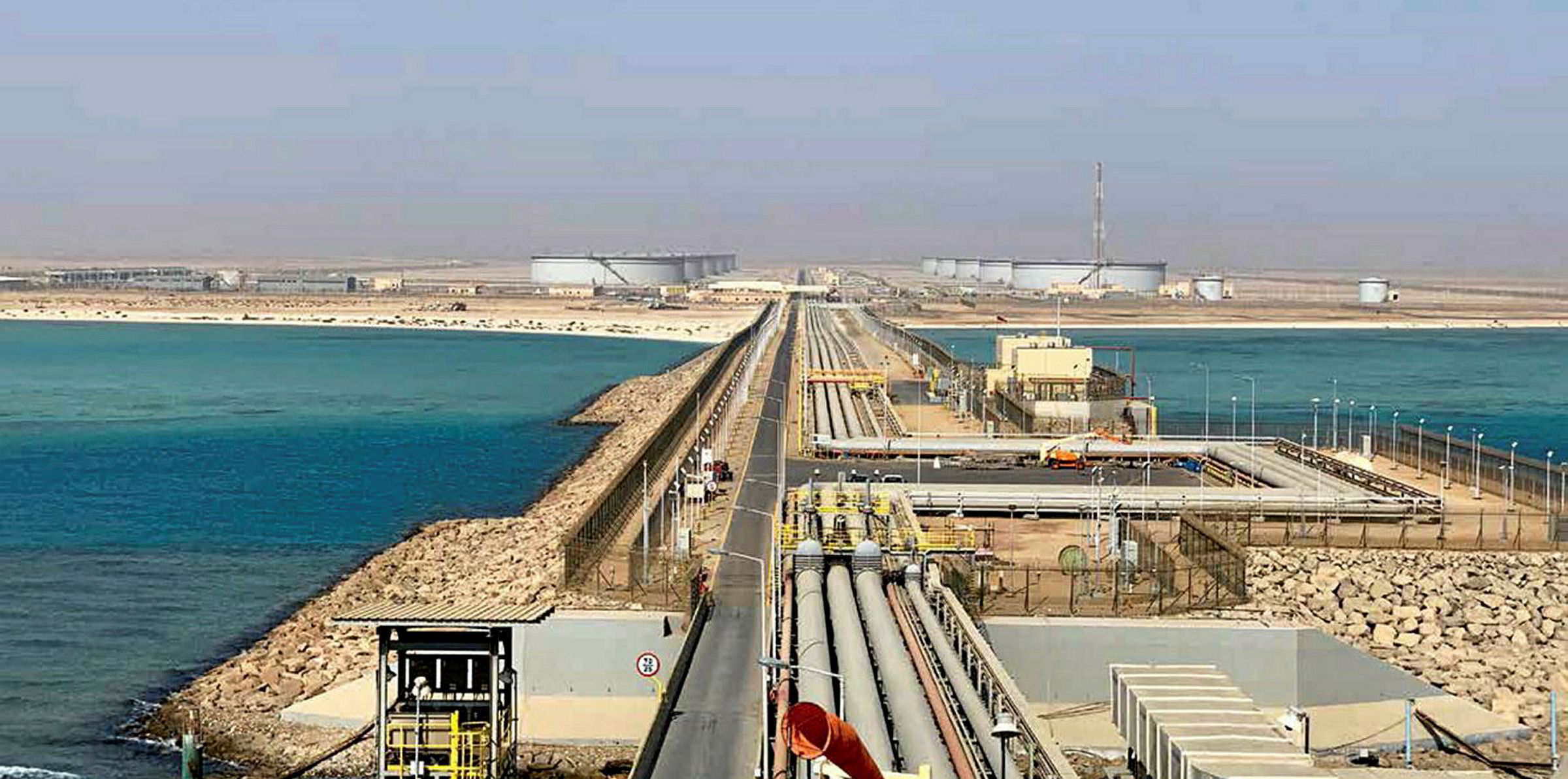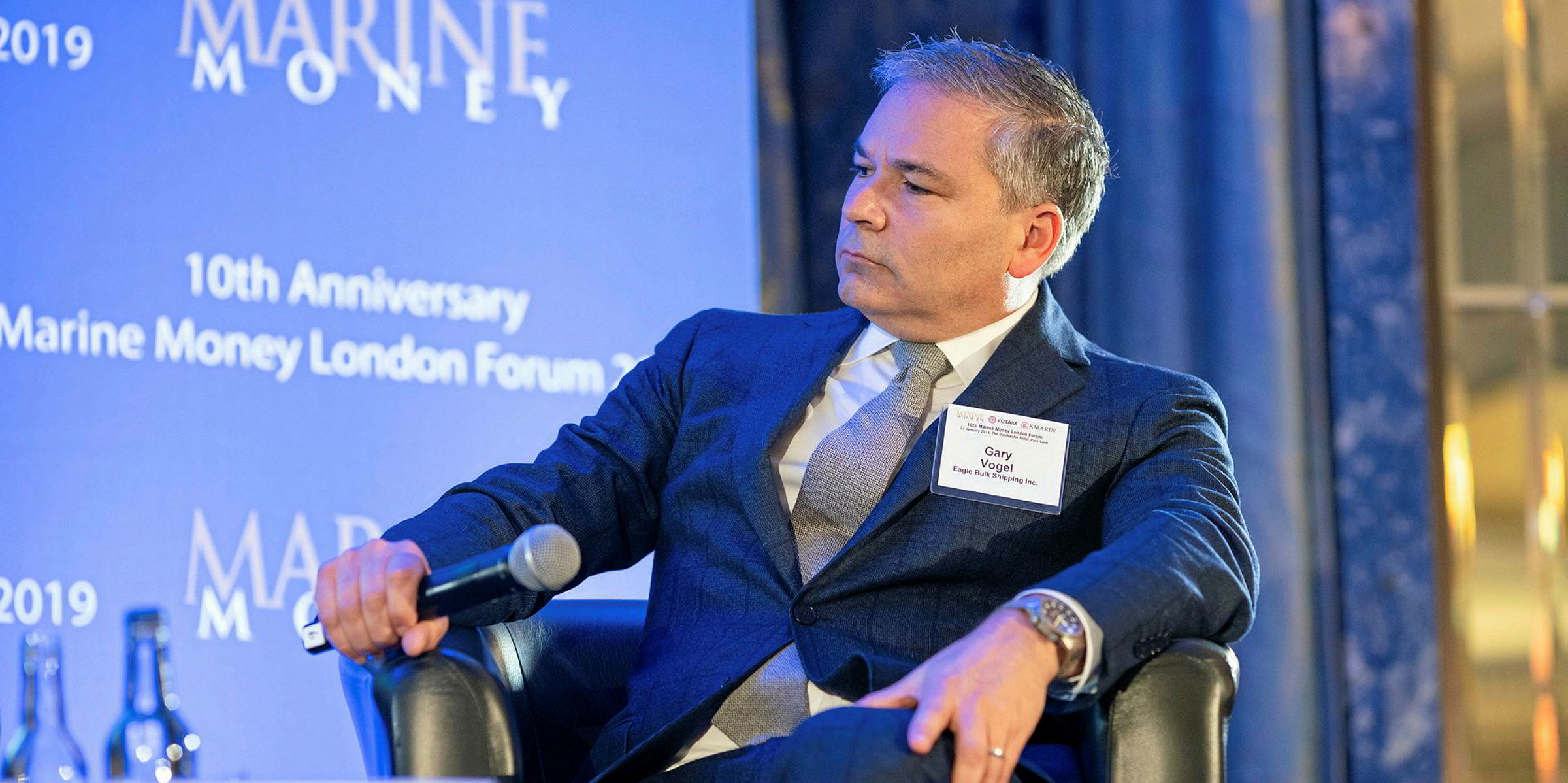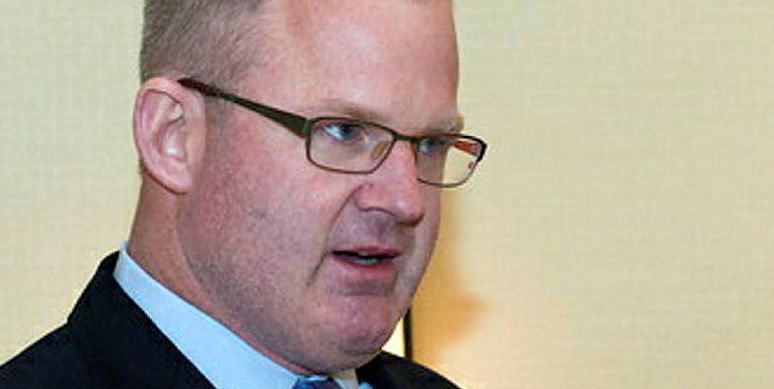Saudi Arabia has become the latest country to ban the use of open-loop scrubbers in its waters.
In a circular, the Saudi Ports Authority prohibited the discharge of wash water from the systems.
Shipowners that cannot modify the exhaust cleaners to use closed loops will need to run engines on IMO 2020-compliant, low-sulphur fuel oil.
The move by the huge crude exporter will be of particular interest to owners of VLCCs, increasing numbers of which are being retrofitted or built with scrubbers, due to the economies of scale for fuel available to larger vessels.
In January, Pakistan barred the discharge of wash water from the exhaust-cleaning systems in the port of Karachi.
In November, Malaysia also banned open-loop scrubbers.
Singapore and Fujairah had already banned open-loop kits, while China was set to extend a ban on discharges to more coastal regions.
Economics questioned
Scrubber economics have been coming under fire in recent months as price spreads narrowed between high and low sulphur bunkers.
On Wednesday, TradeWinds reported that the Scorpio Group has now deferred installation of 33 scrubbers until at least 2021, with some questioning whether they will be fitted at all, across its New York-listed Scorpio Tankers and Scorpio Bulkers arms.
While the group remains one of the industry’s leading adopters of the technology — the tanker outfit has 86 installed, its bulker arm has 27 — the deferrals figure preserves more than $80m in short-term liquidity in markets where it matters.
“It’s not the most attractive use of our capital right now,” chief operating officer Cameron Mackey said on a recent earnings call.
But Eagle Bulk Shipping said on Wednesday it still considers exhaust gas scrubbers to be a worthy investment, despite spending millions to cash in on fuel price spreads that fell well short of expectations.





